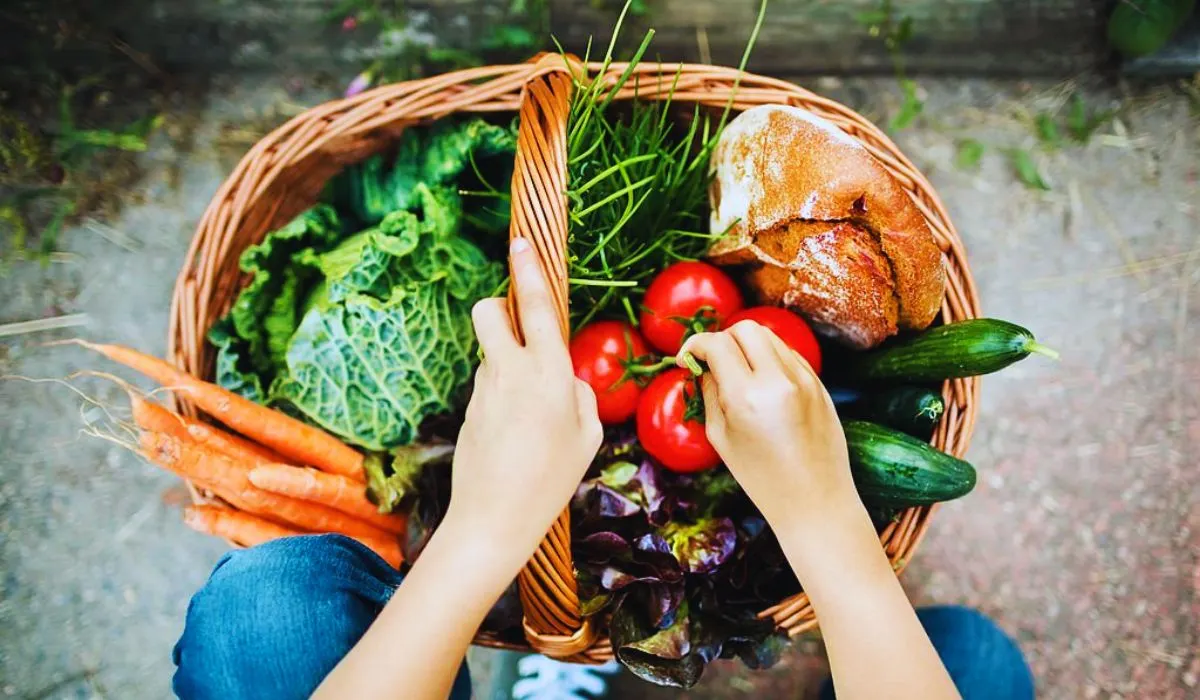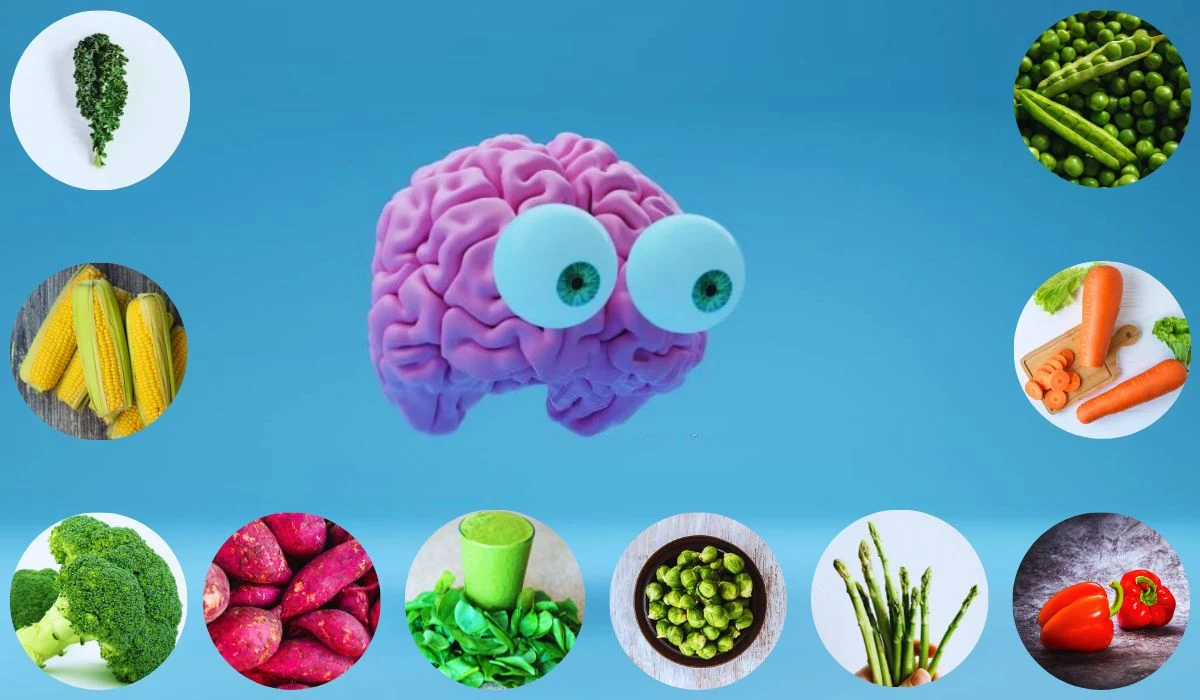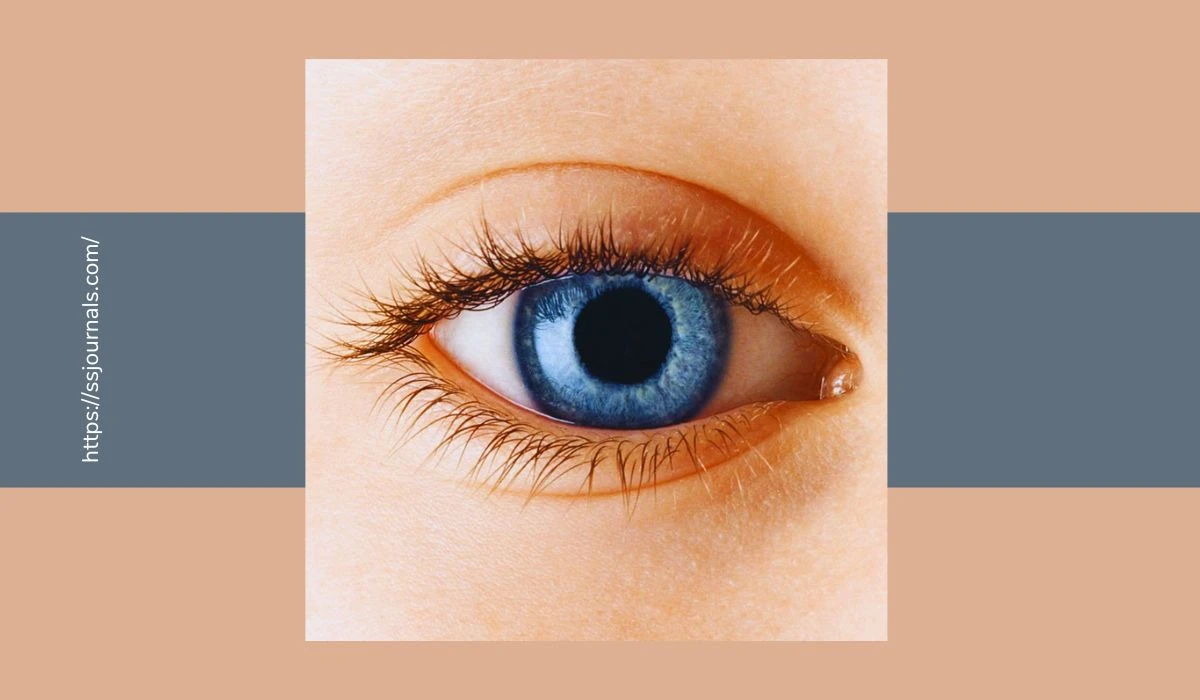Taking care of your eyes is essential if you want to keep your eyesight sharp and clear throughout your life. While eating a healthy, well-rounded diet that’s high in critical nutrients is good for your eyes in general, there are several veggies that are especially helpful.
Vegetables like these help prevent age-related vision loss and other eye diseases since they are full of vitamins, minerals, and antioxidants. This article will help you prioritize your eye health by providing you with information about the best veggies that are known to have eye-nourishing characteristics.
Which Are The Best Vegetables For Eye Health?
Eating a diet rich in fruits and vegetables has long been associated with good health and disease prevention.

When it comes to eye health specifically, certain vegetables stand out for their high concentrations of antioxidants, phytochemicals, vitamins, and minerals that support vision and may help reduce the risk of eye diseases like age-related macular degeneration (AMD) and cataracts.
Getting enough of the right vegetables in your diet can go a long way toward maintaining optimal eye health.
Kale
Kale is one of the best sources of lutein and zeaxanthin. Just one cup of cooked kale contains over 20 mg of lutein and zeaxanthin combined. The leafy green is also high in vitamin C and other carotenoids like beta-carotene. Enjoy kale steamed, sautéed, roasted, or blended into smoothies.
Spinach
Like kale, spinach is packed with lutein and zeaxanthin providing over 13 mg per cooked cup. This leafy green also delivers vitamin C, beta-carotene, vitamin E, and zinc. Add fresh spinach to salads, smoothies, soups, or side dishes for an eye health boost.
Corn
Yellow corn is high in the carotenoids lutein and zeaxanthin. A cup of cooked corn has over 5 mg of these antioxidants along with small amounts of beta-cryptoxanthin and beta-carotene. The vision nutrients in corn are best absorbed when eaten with some healthy fats like olive oil or avocado.
Broccoli
In addition to a hefty dose of vitamin C, a half cup of cooked broccoli florets provides 2 mg of lutein and zeaxanthin. The cruciferous vegetable also contains vitamin E, zinc, and omega-3 alpha-linolenic acid. Enjoy broccoli steamed, roasted, or raw with dip as a snack.

Asparagus
Asparagus is a great source of lutein, zeaxanthin, beta-carotene, and vitamin A – all beneficial for eye health. Six spears of cooked asparagus contain over 1 mg of lutein and zeaxanthin. For maximum nutrition and flavor, eat asparagus steamed or grilled.
Brussels Sprouts
Brussels sprouts provide the antioxidant vitamins C and E, vision-supporting carotenoids, omega-3, and zinc. Half a cup of cooked Brussels sprouts has 2 grams of ALA omega-3 and over 500 mg of vitamin C. Roasted Brussels sprouts caramelize beautifully and add eye health benefits to any meal.
Carrots
Carrots get their orange color from beta-carotene, which forms vitamin A during digestion. Just half a cup of cooked sliced carrots provides over 350% of the daily recommended intake for vitamin A, along with some lutein and zeaxanthin. Carrots are delicious raw, roasted, sautéed, or blended into soups.
Red Bell Peppers
Crunchy red bell peppers contain a powerful combination of eye-health nutrients. One cup of raw sliced red pepper has over 100 mg of vitamin C, 7 mg of lutein and zeaxanthin, vitamin E, and beta-carotene. The vibrant veggie also adds a pop of color and crunch to any dish.
Peas
In addition to a small amount of lutein and zeaxanthin, one cup of cooked peas delivers an impressive 10 mg of omega-3 alpha-linolenic acid, making them one of the best vegetable sources of essential omega-3s. Peas also provide vitamin C and beta-carotene. Add them to salads, rice dishes, and pasta recipes.
Sweet Potatoes
Orange-fleshed sweet potatoes offer a whopping 120 mg of beta-carotene in just half a cooked cup. This carotenoid converts to valuable vitamin A to promote healthy eyes. Bake and mash sweet potatoes or dice and roast them for a delicious side dish.
Benefits Of Vegetables For Eye Health
Many vegetables are excellent sources of carotenoids like beta-carotene, lutein, and zeaxanthin. These powerful antioxidants help protect the eyes from damaging free radicals and oxidative stress that can harm the eyes over time.
Lutein and zeaxanthin are found in high concentrations in the retina and function as natural sunglasses, filtering out harmful blue light. Higher intakes of these nutrients are linked to reduced risk of AMD and cataracts.
Other beneficial nutrients found abundantly in vegetables include vitamin C, vitamin E, zinc, and omega-3 fatty acids. Vitamin C combats free radicals and supports collagen production. Vitamin E also has antioxidant effects to stop free radical damage.
Zinc supports the health of the retina and deficiency has been associated with poor night vision. Omega-3s from vegetables promote eye development and reduce dry eye disease. The variety of vitamins, minerals, and phytochemicals in veggies offer synergistic benefits for optimal eye health.

